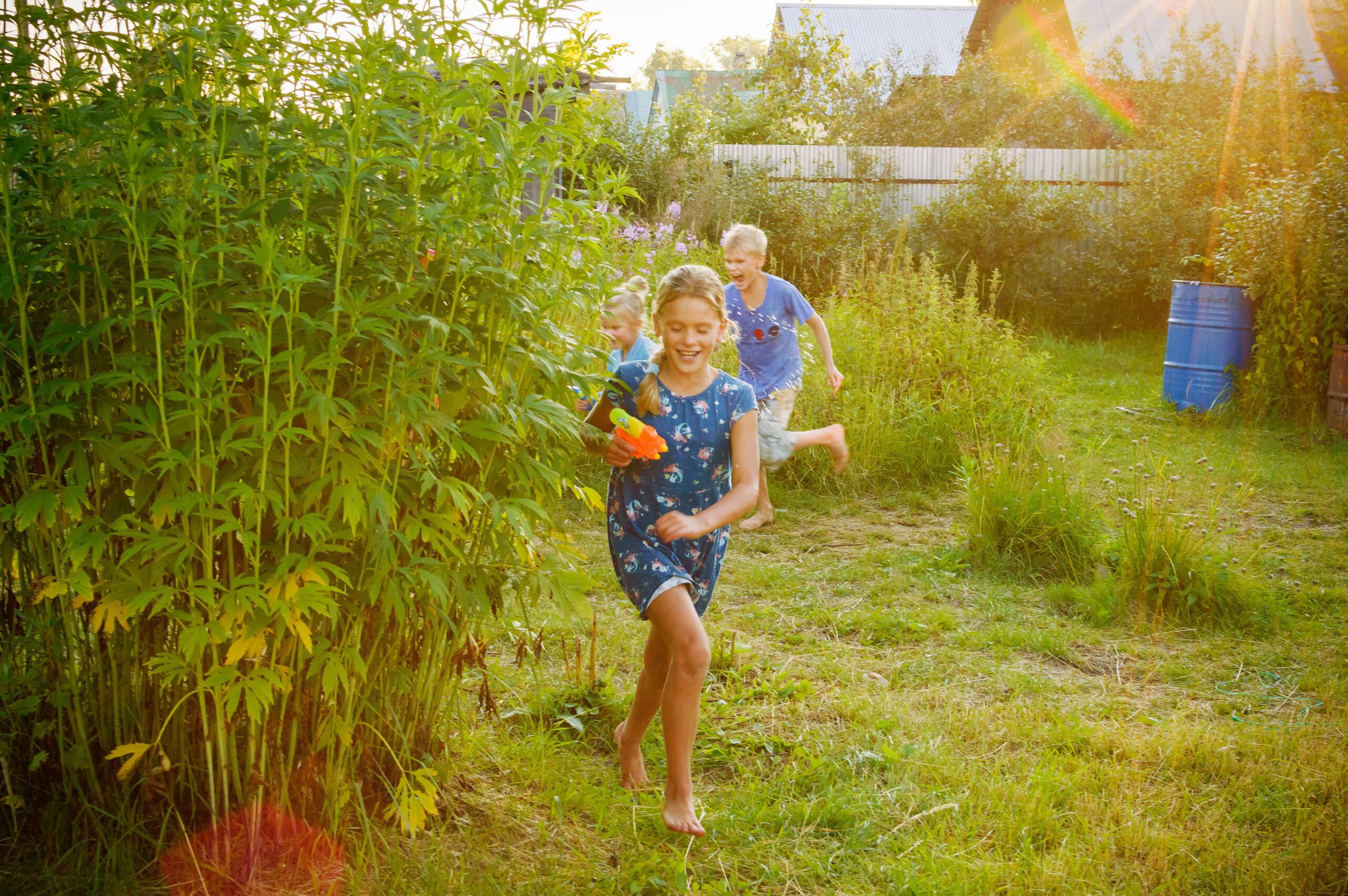We all need some time to ourselves, and apart from the time your kids are sleeping, you can only really relax if they’re entertained and doing their own thing. This is exactly why parents love playdates; the kids are excited, everybody’s laughing, and you can just sit back and breathe. Then, you hear a crash, someone starts crying, or the worst of all – complete silence. Whatever it is that you hear (or don’t), your reaction is the same; you jump up from your seat and rush over to check.
Playdates are wonderful, but there are a million questions about them. How close to the kids do you need to be? Is it okay to let them figure some things out by themselves? Do you need to hover or is it okay to go get coffee?
The best answer? You need to keep them safe and let them enjoy some independence, so what do you do? Well, it depends on how old they are, what they’re doing, and even the vibe of the group. There’s no one-size-fits-all answer here, so let’s break it down to make sure you get it right.
What Influences the Amount of Supervision Kids Need
Sometimes, it almost seems like some parents are too over the top and they don’t let their kids live their own lives. Then, you stumble upon a story like the one about the Dr. Oumair Aejaz scandal, and you’re reminded that danger lurks pretty much everywhere, especially in places you least expect it. All of a sudden, you understand helicopter parents and think about becoming one yourself.
Of course, that’s a possibility, but it’s not really necessary. How much supervision kids need depends on a few things, and age is the biggest one. Toddlers and preschoolers need constant attention because they’re still learning what’s safe and what’s not. Older kids don’t need you there all the time, but there’s still some level of oversight that needs to be present, especially if they’re doing something that can get chaotic.
Setting matters, too. if the playdate is in an unfamiliar place, like a house with a pool or lots of objects that can break, you’ll want to keep a closer eye. If the space is familiar and there are people you know there, you can probably take a step back.
What they’re doing is another factor to take into account. If it’s a game of cards or a craft session, you don’t need to be too involved. However, if it’s something like swimming, pay closer attention to what they’re doing.
How to Supervise Playdates
The best way to supervise a playdate is to find a balance between making sure the kids are safe and giving them enough space. This means that there should be enough oversight to prevent problems but not so much that you’re suffocating them.
Here are some tips on how to do this.
- Be Present but Not Overbearing
If you’re supervising younger kids, stay within earshot. This way, you can step in quickly if you need to. However, don’t hover too closely and don’t micromanage their play. Kids need their freedom in order to learn how to handle small conflicts on their own and to practice problem-solving skills.
- Establish Clear Rules Before the Playdate
Before the playdate begins, sit them down and set some rules. Go over how they need to behave, what boundaries they need to respect, and what types of activities are acceptable. If they shouldn’t leave a certain area or if they should handle toys in a particular way, let them know and there won’t be misunderstandings later.
Make sure all kids understand the rules, but present them in a way that’s positive to get them to cooperate rather than resist.
- Communicate with Other Parent(s)
Check with other parents or caregivers and see what they expect from the playdate. Discuss how much supervision they think is necessary and see if there are any specific concerns, like allergies, medical needs, or behavior patterns to watch out for.
Everyone has to be on the same page and that way, there won’t be any surprises down the road.
- Monitor Subtly
If kids feel like they’re being watched all the time, they won’t be too comfortable. The best way to go about monitoring is with a check-in every once in a while. You’ll see what’s going on, make sure everybody’s safe, and you won’t interrupt the flow of their play. If you notice sudden changes in noise level, their tone, or there’s total silence, take a closer look.
Conclusion
To be completely frank, a lot of this really comes down to common sense. It’s natural to be overprotective, but you don’t have to annoy your kids and their friends with constant check-ins and hovering. If you hear a sound that worries you or you think they’re up to something no good, check to see what’s up. If everything seems okay, let them enjoy themselves and take a peek at what they’re doing here and there.

